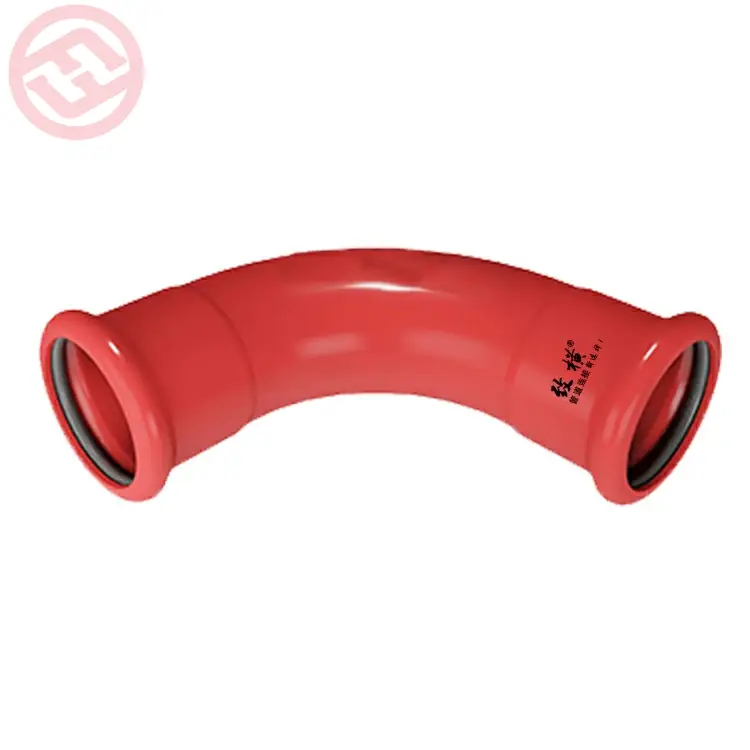As a leading manufacturer of stainless pipe fittings, FLUID-TECH works with various materials to serve different applications and industries. Two common materials used in our fittings are forged steel and carbon steel. While both can be suitable in their own right, their material compositions lead to important differences installers should understand.

What is Forged Steel?
Forged steel of forged pipe fitting is created through a hot forming process where steel is hammered or pressed at high temperatures and pressures. This refines the grain structure and strengthens the material. Some key advantages of forged steel include:
Higher Strength – The forging process makes the steel nearly 35% stronger than comparable grades. This allows it to withstand higher pressures long-term.
Fatigue Resistance – Working the steel compresses voids for improved resistance to failure over many pressure cycles compared to other metals.
Density – Forging compacts the metal to nearly 100% theoretical density. The dense microstructure further boosts strength properties.
Durability – Forged steel fittings last longer in demanding applications due to their inherent robustness and strength.
FLUID-TECH produces forged steel fittings per API standards for critical applications such as oil, gas and mining where long-term reliability is essential. Examples include flanges, blinds, nuts, and elbows.
What is Carbon Steel?
Carbon steel press fittings contains a maximum of 2.1% carbon and is generally less expensive than high-grade alloys. It provides good mechanical properties at a reasonable cost, but there are key differences versus forged steel:
Lower Strength Properties – Carbon steel not as strong and may not withstand comparable long-term pressures as forged steel.
Susceptibility to Rusting – Carbon steel will rust if not properly protected, whereas coatings mainly serve decorative purposes on forged alloys.
Easier Machinability – Carbon steel allows for simpler machining of threads and bends than forged steel’s dense grain structure.
FLUID-TECH offers carbon steel fittings certified to DIN standards for general industrial transfer applications without stringent pressure requirements – such as air, gas or low-pressure fluid distribution systems. Examples are nipples, unions, couplings and weldolets.
In summary, forged steel creates ultra-strong, critical service fittings at a higher material cost. Carbon steel balances adequate mechanical properties with affordability better suited for general fluid handling needs lacking excessive pressure demands. The right choice depends on specific application parameters and design considerations.
